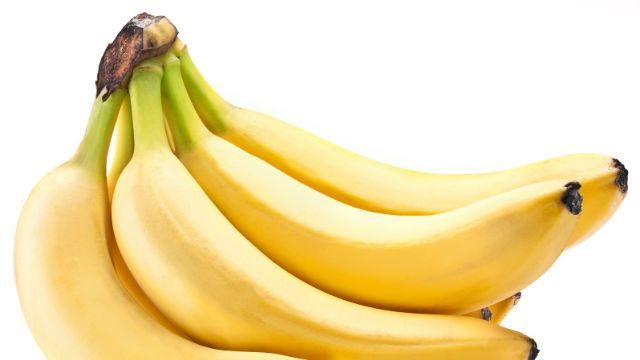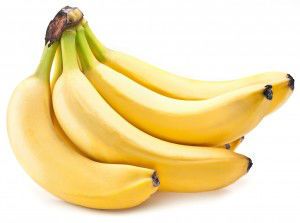
Most of us have probably heard that our bodies need ample amounts of potassium, but many may not be sure exactly why.
This important mineral is best known for balancing sodium levels in the body, thereby keeping blood pressure levels in check. However, it also has many other functions.
Potassium is imperative to the communication between nerve and muscle cells, and is integral to the heart’s proper functioning. It also aids in building proteins and breaking down carbohydrates, transports nutrients into cells and helps flush waste.
Research has found that eating foods rich in potassium can help protect against high blood pressure, heart disease, kidney disease, osteoporosis and diabetes.
On top of that, a new study published in Stroke, a journal of the American Heart Association, recently found a connection between a higher intake of potassium and a lower risk of stroke and overall death in postmenopausal women.
The study surveyed just over 90,000 women between the ages of 50 and 79 for a period of approximately 11 years. The potassium intake measured was from food, as opposed to supplements.
Results showed that the women who had the most potassium in their diets were ten percent less likely to die from any cause, and 12 percent less likely to have a stroke, than the women who ate the smallest amounts of potassium.
Looking only at the women who did not have hypertension, researchers found that the ones who had the highest potassium intake had a 21 percent lower risk of stroke than the women who had the lowest intake.
The researchers hypothesize that getting enough potassium may benefit postmenopausal women more before the development of hypertension.
In women with high blood pressure, eating more potassium did not correlate to a lower risk of stroke, though it did correlate to a lower risk of death from all causes.
One thing the researchers did not study, however, is how much sodium was in each woman’s diet – which could be an important factor. They also caution that there is such a thing as too much potassium.
People who are unsure if they may be getting too much should definitely ask a health professional they trust, just to be safe. Individuals with kidney disease may be especially sensitive to this mineral.
According to Sylvia Wassertheil-Smoller, the study’s senior author, “our findings give women another reason to eat their fruits and vegetables. Fruits and vegetables are good sources of potassium, and potassium not only lowers postmenopausal women’s risk of stroke, but also death.”
Guidelines set by the US government recommend 4,700 milligrams of potassium each day. According to medical expert and author Dr. Steven G Pratt, however, 8,000 milligrams is more in line with what the body needs.
 The most well-known source of potassium in America is the banana. Along with this yummy fruit, butternut squash, sweet potatoes, figs, lentils, cantaloupe, avocado, almonds and spinach are also good sources. As research plainly shows, adding an abundance of these delicious fruits and veggies to your nutritious diet can do a lot for your health.
The most well-known source of potassium in America is the banana. Along with this yummy fruit, butternut squash, sweet potatoes, figs, lentils, cantaloupe, avocado, almonds and spinach are also good sources. As research plainly shows, adding an abundance of these delicious fruits and veggies to your nutritious diet can do a lot for your health.
-The Alternative Daily
Sources:
http://newsroom.heart.org/news/potassium-rich-foods-cut-stroke-death-risks-among-older-women?preview=3a09
http://www.nlm.nih.gov/medlineplus/potassium.html
https://www.thealternativedaily.com/11-great-sources-of-potassium-4-signs-that-you-need-it

